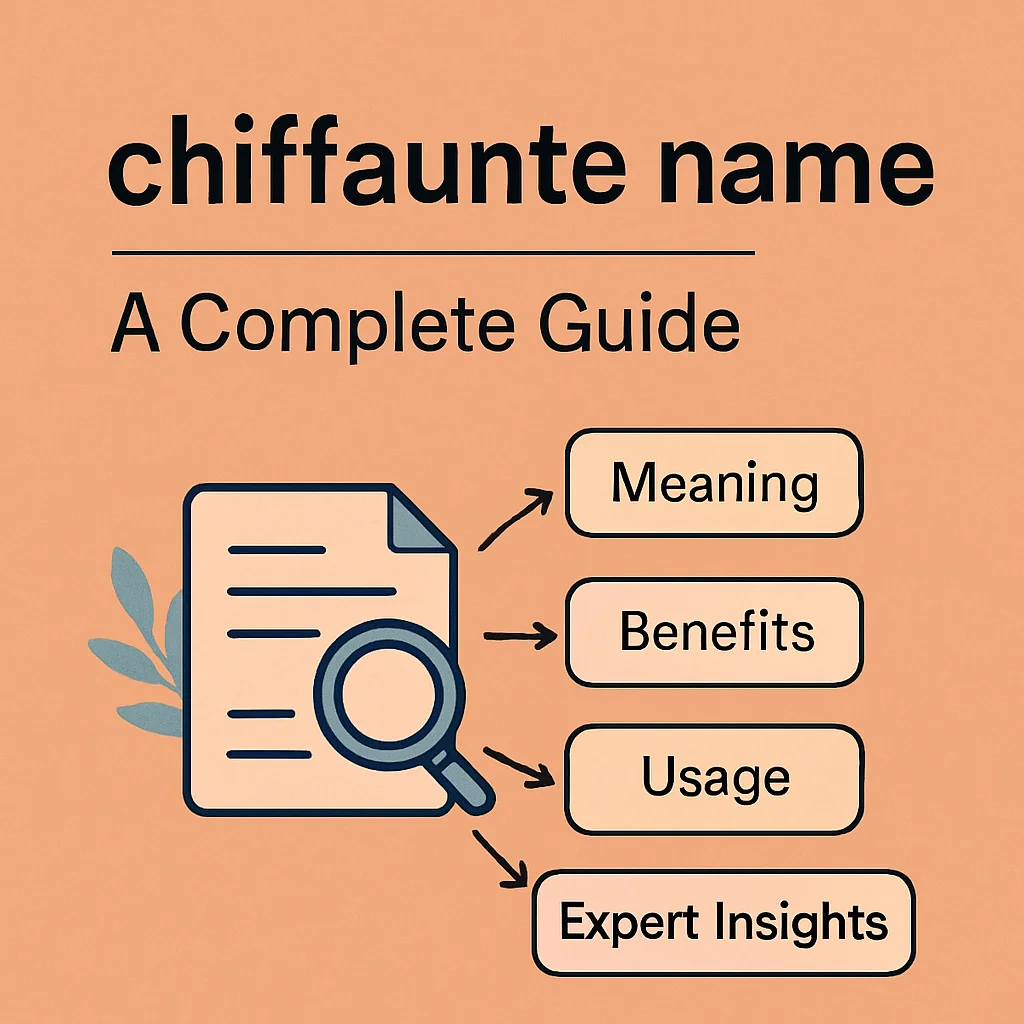Introduction
Last names hold history, power, and identity. Some surnames carry a sense of mystery, fear, or intimidation that makes them stand out. Scary last names have been part of folklore, literature, and pop culture for centuries, giving characters, families, and even entire bloodlines an aura of darkness. Whether you’re a writer building a horror story, a gamer looking for a unique persona, or simply fascinated by eerie surnames, learning about them can be both exciting and useful.
In this guide, we’ll explore the meaning, benefits, and uses of scary last names. We’ll also cover best practices, common mistakes to avoid, and provide expert recommendations to help you pick or use the right name for your purpose.
Benefits of Scary Last Names
Using scary last names can serve multiple purposes depending on the context. From storytelling to gaming and personal branding, these surnames are more than just spooky—they can create atmosphere, identity, and memorability.
See also Name Scary – A Complete Guide
How It Helps in Storytelling and Fiction
- Creates atmosphere: A chilling last name sets the tone for fear, suspense, or danger in a narrative.
- Adds realism: Many scary surnames are rooted in real cultures, traditions, or folklore, adding depth to characters.
- Memorable characters: Readers or viewers are more likely to remember a character with a striking, eerie surname.
For example, names like Draven, Crowhurst, or Mortem instantly suggest a darker side to the character who carries them.
Key Advantages for Different Audiences
- Writers: Helps craft unforgettable villains, haunted families, or cursed lineages.
- Gamers: Offers unique in-game personas with intimidating presence.
- Parents (seasonal or themed naming): Some parents choose scary-inspired surnames as middle names or Halloween-related nicknames.
- Entertainment professionals: Stage performers, cosplayers, and horror enthusiasts use scary surnames to enhance their identities.
How to Use/Apply Scary Last Names
While scary surnames are powerful, knowing how to apply them correctly makes all the difference.
Step-by-Step Guide
- Define the purpose: Are you using it for a character, online persona, or thematic project?
- Research meanings: Some last names are rooted in folklore or have cultural significance. Knowing the origin makes the name more impactful.
- Match tone with context: For horror novels, use darker names; for Halloween fun, choose spookier yet playful ones.
- Pair with fitting first names: A chilling surname like Blackwood sounds stronger when paired with a first name like Damien or Lilith.
- Test memorability: Say the name aloud to check if it carries weight and intimidation.
Common Mistakes to Avoid
- Overcomplication: Using overly long or hard-to-pronounce surnames can confuse readers or players.
- Cliché overload: Repeating overused surnames like Dracula may lose originality.
- Cultural insensitivity: Some surnames may hold sacred meaning in certain cultures; always double-check before using them inappropriately.
- Mismatch: Using a scary last name in a cheerful or unrelated context might confuse the audience.
Best Practices for Scary Last Names
Selecting the right name requires balance between creativity and relevance.
Tips & Tricks for Better Results
- Blend real and fictional inspiration: Names like Grimm, Hallow, or Nightshade feel both authentic and eerie.
- Use nature-inspired surnames: Words related to darkness, animals, or death (Crowe, Wolfbane, Ashgrave) create an immediate chilling effect.
- Look into historical surnames: Some noble families carried surnames with gothic or mysterious undertones.
- Keep it simple yet striking: A short, sharp last name often carries more power than a complicated one.
Expert Recommendations
- For writers: Always match the surname with the character’s backstory. A cursed family might have a surname rooted in tragedy or death.
- For gamers: Pick a surname that stands out in leaderboards or multiplayer environments, giving you instant recognition.
- For branding: If you’re creating a stage persona or online identity, ensure the last name is easy to spell and search.
Examples of Scary Last Names
To spark inspiration, here are some chilling examples of scary last names:
- Ravenshade – Suggests darkness and mystery.
- Hallowgrave – Perfect for haunted storylines.
- Blackthorn – Strong and intimidating, with gothic undertones.
- Mortem – Derived from the Latin word for death.
- Bloodbane – Evokes danger and power.
- Crowhurst – Associated with dark omens and eerie imagery.
- Ashgrave – Symbolic of destruction and burial grounds.
- Duskborne – A surname tied to shadows and twilight.
- Holloway – A chilling yet realistic-sounding last name.
- Nightshade – Inspired by the poisonous plant, fitting for sinister characters.
These examples can be adapted for novels, video games, Halloween events, or even fictional family lineages in roleplay settings.
FAQs About Scary Last Names
What makes a last name scary?
A last name becomes scary when it carries dark, mysterious, or intimidating associations—either through meaning, cultural ties, or how it sounds.
Can I use scary last names for real people?
It’s best to use them for fictional characters, personas, or thematic purposes. For real individuals, ensure the name is appropriate and culturally sensitive.
Are scary last names common in history?
Yes. Many surnames were inspired by professions, locations, or traits tied to fear, death, or the supernatural. For example, surnames tied to ravens, wolves, or graves were historically used.
Can I combine words to create my own?
Absolutely. Many modern scary surnames are hybrids like Shadowbane, Darkmoor, or Gravewell. Creativity is key.
Are they only for horror stories?
No. They’re also popular in fantasy, gaming, online identities, Halloween celebrations, and even as unique nicknames.
Conclusion
Scary Last Names carry a unique power. They shape identities, create atmosphere, and leave lasting impressions. Whether you’re a writer building chilling villains, a gamer crafting a persona, or simply curious about eerie surnames, the right choice can make your character or project unforgettable.
By understanding their benefits, learning how to apply them, and avoiding common mistakes, you can unlock the full potential of these dark and mysterious names.


